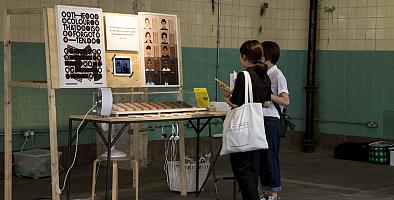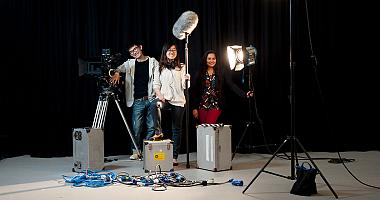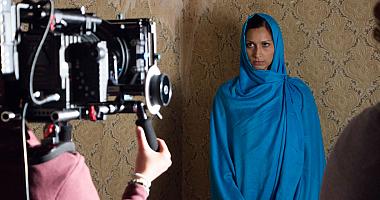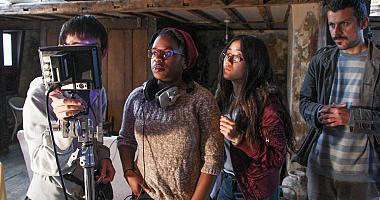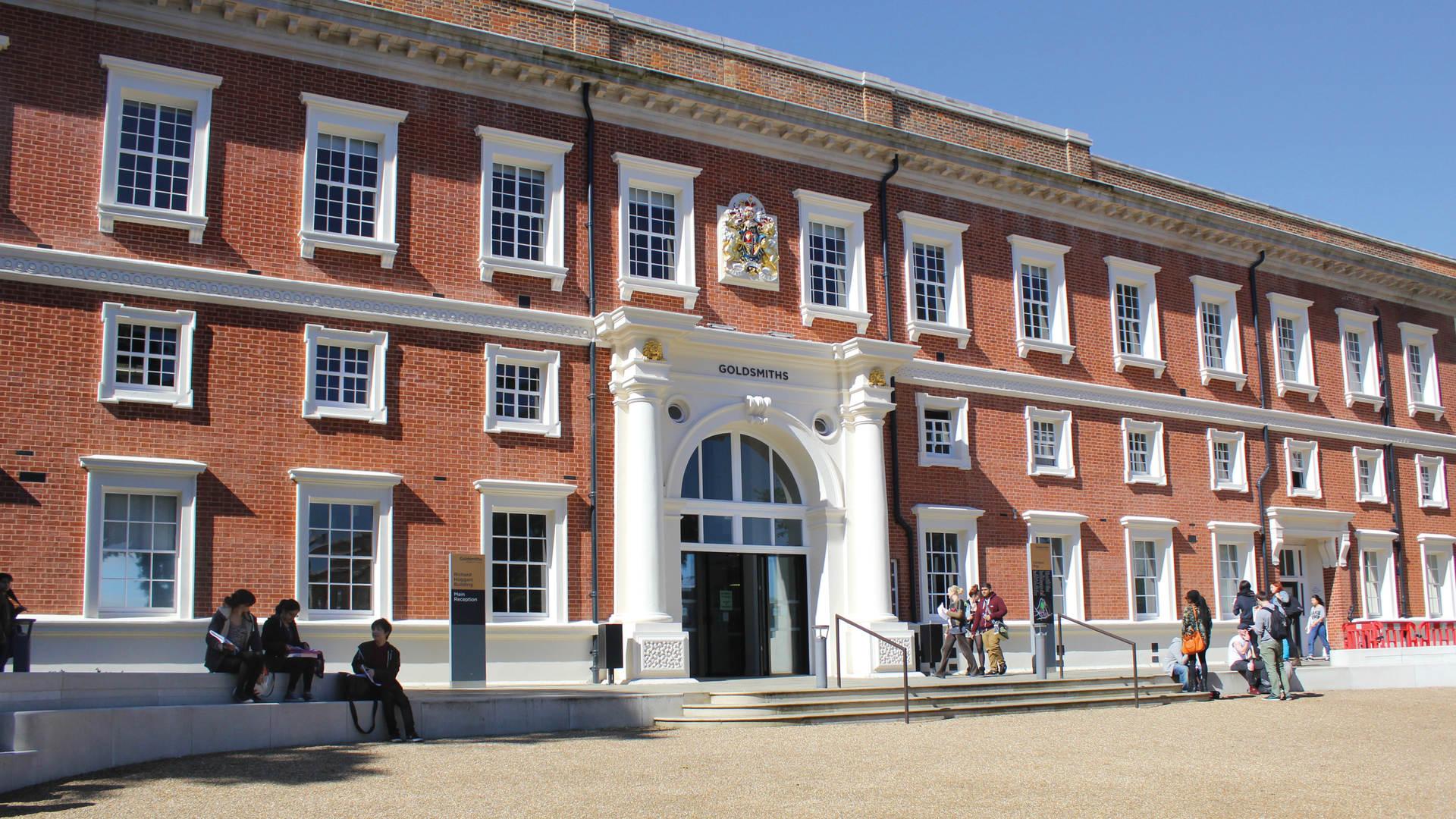Course information
Department
Length
1 year full-time; 2 years part-time
Course overview
The PGDip in Promotional Media: Public Relations, Advertising, and Marketing crosses the formalised boundaries established between media, public relations, marketing, and advertising.
You will explore contemporary issues in the fields of PR, Advertising, and Marketing, and develop techniques for analysing promotional media texts.
This PGDip will also equip you with specific skills that will provide opportunities for career enhancement. You will develop critical and cognitive skills in analysing and interpreting developments in the PR, advertising, and marketing sectors, learn to apply your knowledge and insights to new areas and projects.
The Department of Media, Communications and Cultural Studies has been ranked 2nd in the UK for 'world-leading or internationally excellent' research (Research Excellence Framework, 2021) and 16th in the world (3rd in the UK) in the 2024 QS World Rankings for communication and media studies.
Develop valuable skills
The programme will equip you with the knowledge and skills necessary to pursue careers related to public relations, advertising, marketing communications, and promotional campaigning. You will be encouraged to seek work experience in relevant institutions during the programme, although these are not compulsory and will not be organised by Goldsmiths.
You will also develop specialist 'routes' by choosing option modules, and provided with access to contemporary industry activity and case studies to gain an understanding of how your diploma can be used in a professional context.
Who should apply
The programme is primarily aimed at students who want to develop their skills or retrain. The Department has strong industry links and hosts a range of events that bring together industry experts, academics and students. The Academic Skills Centre works with academic departments offering bespoke academic literacy sessions and provides a programme of academic skills workshops and one-to-one provision for students throughout the year.
Contact the department
If you have specific questions about the degree, contact Clea Bourne.
